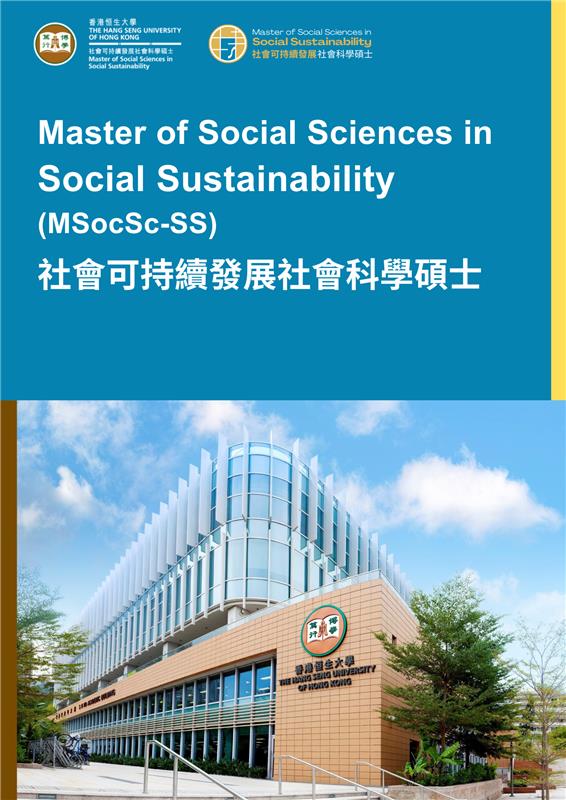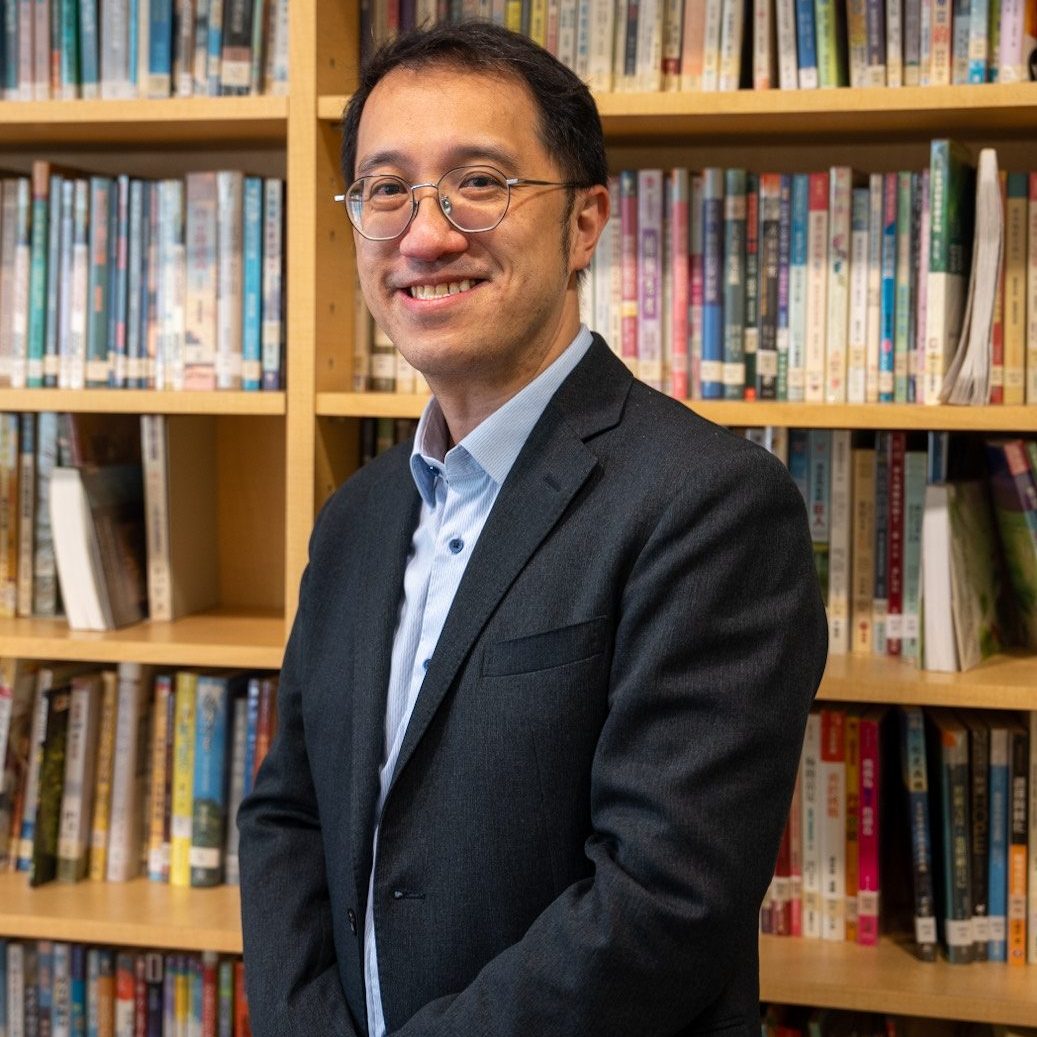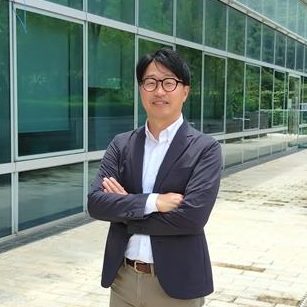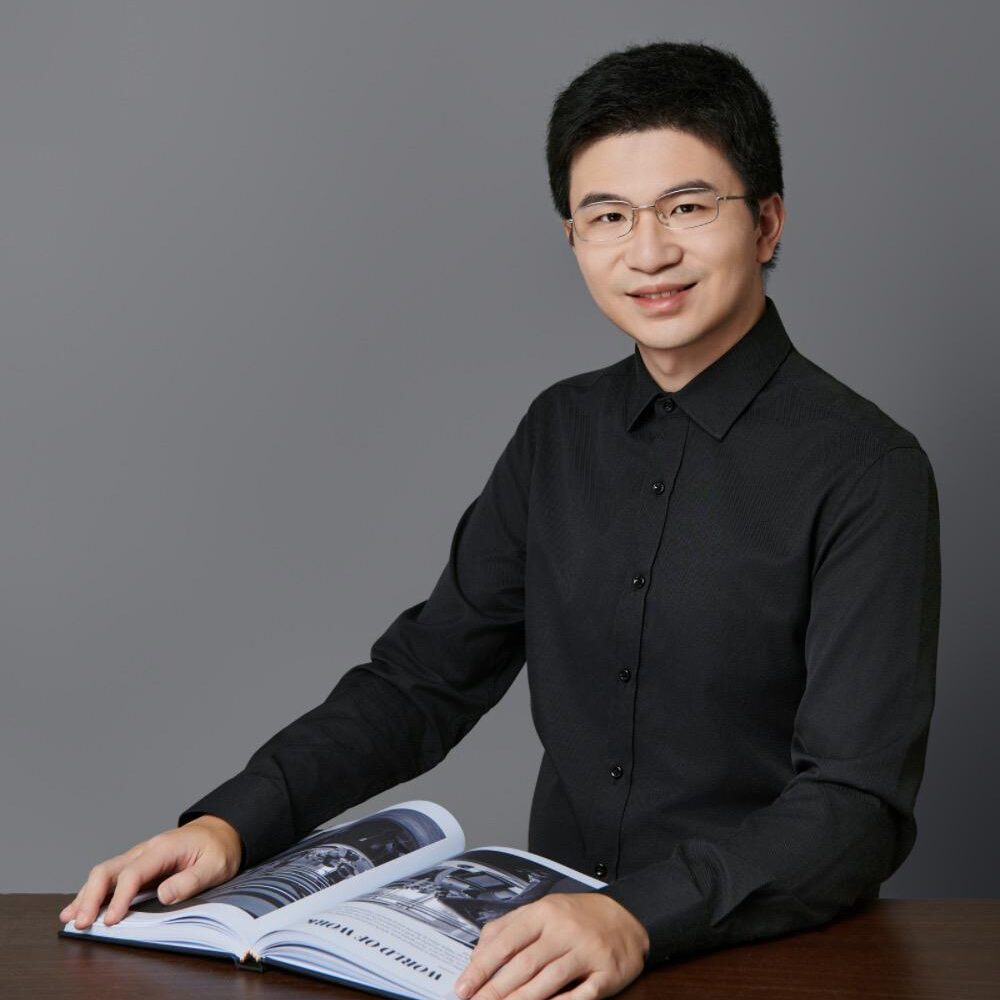
Join the Master of Social Sciences in Social Sustainability — a programme designed for those keen on creating meaningful change. Address real-world social challenges, develop ethical solutions, and explore initiatives that leave a lasting impact. Whether on a local or global scale, you’ll be equipped to drive social progress across diverse sectors.
Drive Impactful Social Change,
Shape a Sustainable Future!

Message from Programme Director
Welcome to the Master of Social Sciences in Social Sustainability — a programme designed for individuals who aspire to drive meaningful change in society.
As the world grapples with pressing challenges—including inequality, aging populations, strained healthcare systems, global environmental crisis, and the growing demand for sustainable cities— understanding the social dimension of sustainability is more critical than ever.
Through a multidisciplinary approach that integrates sociology, public policy, public management, political science and other social sciences, this programme prepares you to tackle complex challenges on both global and local scales. You will explore topics such as social systems, equity, social justice, community resilience, and inclusive development — all within the framework of social sustainability.
Whether you are interested in public policy, corporate sustainability, or serving marginalized communities, this programme equips you with the multiple knowledge and tools needed to create tangible, lasting impact.
We look forward to supporting you on your journey to advance social sustainability and drive transformative progress. Together, we can build a more equitable, inclusive, and resilient future.
Prof. NGAN Lok Sun Lucille
Programme Director of MSocSc-SS programme

What is Social Sustainability?

Societal challenges are central to nearly half of the United Nations’ 17 Sustainable Development Goals, rooted in human rights. Social sustainability emphasizes equity, inclusion, and well-being, addressing issues such as aging populations, inequality, and public health. By fostering sustainable communities, it aims to ensure that everyone enjoys a high quality of life. This approach balances economic and environmental sustainability with social well-being, promoting fairness and creating lasting positive impacts for individuals and communities worldwide.
Distinctive Attributes
This Master’s programme takes a social sciences approach to examining complex social sustainability challenges. By focusing on the human and societal dimensions of sustainability, it prepares you to address pressing global and local issues in impactful and meaningful ways. Designed to equip you with the knowledge and skills needed to navigate these complexities, this programme offers you the tools to make a difference. By enrolling, you will:
Develop Advanced Analytical Skills
Learn to critically assess social structures, policies, and practices, with a focus on equity, justice, and inclusion.
Master Research Methods
Gain proficiency in both qualitative and quantitative research techniques to investigate and address real-world social issues.
Design Practical and Ethical Solutions
Acquire the tools to create actionable strategies that are socially responsible and economically viable.
Enhance Communication and Collaboration
Build the skills to effectively convey ideas and collaborate with diverse stakeholders, ensuring your solutions are inclusive and impactful.
Understand Global and Local Contexts
Explore the interplay between local and international challenges, preparing you to address sustainability issues at multiple scales.
Programme Curriculum
The programme requires the completion of four core modules and four electives (24 credits in total) over one year (full-time) or two years (part-time). Core modules cover essential topics, including theoretical perspectives, research methods, the dynamics of public and private sectors, and ethical considerations in social sustainability. Electives are divided into two clusters — 1. Social Affairs and 2. Economic and Environmental Affairs — allowing students to customize their learning experience based on their interests and career aspirations. Practical learning experiences, including applied research projects and a specialized module, are also incorporated into the curriculum.
Core Modules:
- Social Changes and Sustainable Development
- Research Methods for Social Policy and Sustainability
- Social Sustainability for Public and Private Sectors
- Global Justice and Sustainability
Elective Modules:
Cluster 1: Social Affairs
- Diversity, Equality and Inclusion
- Transformation and Innovation in Healthcare Systems
- Ageing Societies: Trends, Challenges and Solutions
Cluster 2: Economic and Environmental Affairs
- Sustainable Cities
- Decent Work, Economic Growth and Labour Policies
- Environment and Global Governance
Special Elective Modules
- Applied Study in Social Sustainability
- Selected Topic in Social Sustainability
Medium of Instruction
English
Practical Engagement
Field experiences, applied learning opportunities, or insights from industry and community representatives are featured in a variety of modules. These elements ensure students gain hands-on insights into the challenges and solutions in social sustainability, bridging the gap between theory and practice.
Future Prospects
Education Pathways
Students can pursuit further studies at MPhil or PhD levels in various fields including environmental, social and governance (ESG), sustainability studies, social development, social policy, circular economy, and sociology.
Employment Pathways
Examples of industries where graduates of the programme may pursue careers:
Public Sector
- Government
- Research Institutions
- Education
Business Sector
- Corporate Strategy and ESG Departments
- Consulting Firms
- Banking and Finance
- Public Relations
Third Sector and Others
- Community-based organizations
- Think Tanks
- Social Enterprises
- Journalism/Mass Media
Our Team

Prof. NGAN Lok Sun Lucille
Associate Head of SSC and Professor
Programme Director of MSocSc-SS programme

Dr CHAN Chi Ming Victor
Assistant Professor

Dr CHAN Hin Yeung Rami
Assistant Professor

Dr KWONG Ying Ho
Assistant Professor

Dr WANG Shiru
Assistant Professor

Dr CHAN Wing Ho Michael
Senior Lecturer

Dr KWON Daesung
Lecturer

Dr LEUNG Kin Wai Angelo
Lecturer

Dr SHI Yuda
Lecturer
Admission Requirements
- A bachelor’s degree from a recognised university or equivalent; and
- Fulfilment of one of the following English language proficiency requirements if the applicant’s bachelor’s degree was not obtained from a university/tertiary institution where English is the medium of instruction:
TOEFL ≥ 550 (paper-based), ≥ 79 (Internet-based);
IELTS ≥ 6.0;
CET 6 ≥ 430;
TEM-4 ≥ 70
Qualifications Framework
| QR Registration No. : | 25/001258/L6 |
| Registration Validity Period: | 01/09/2026 - 31/08/2029 |
| QF Level: | 6 |
Contact Us
If you have any enquiry, please don’t hesitate to contact us.
- Email:
- Phone:
(+852) 3963 5543
- Address:
Department of Social Science
The Hang Seng University of Hong Kong
Hang Shin Link, Siu Lek Yuen, Shatin, New Territories, Hong Kong
- Office hours:
Monday – Friday 9:00 a.m. – 12:30 p.m. and 1:45 p.m. – 5:45 p.m.


